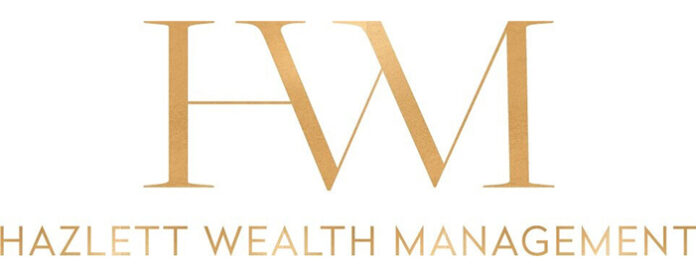BY KRISTIN HOVENCAMP

Investors are rightfully concerned that efforts to calm inflation, following years of easy monetary policy, will spark a prolonged recession. Speaking in Jackson Hole, Federal Reserve Chairman Jerome Powell confirmed that interest rates would remain higher for longer, and we are unlikely to see interest rate cuts in 2023. As we labor through the dog days of summer, here are some data points we will be watching in anticipation of a cooling economy.
Future Interest Rate Hikes
As it turns out, inflation was not “transitory.” Be it 50 or 75 basis points, the Federal Reserve will continue to raise interest rates until the Fed feels assured that it can bring the economy back to its target inflation rate of 2%.
Inflation increases the economy’s overall price level of goods and services. Over time, inflation reduces the purchasing power of your savings. We see the result of inflationary pressures in everything from the price of gasoline to grains.
The Health of the Global Economy
The U.S. is far from the only economy fighting off a recession. Other central banks such as the European Central Bank (ECB), the Bank of Canada, and the Bank of England are raising rates to fight rapidly spreading inflation. These moves may have a wide-reaching, adverse impact on consumers and businesses. Interestingly, this is the first time the ECB has increased rates over a decade.
The U.S. Gross Domestic Product
Gross domestic product (GDP) is the monetary measure of the market value of all the final goods and services produced in a country in a given period. GDP is representative of the total output and income generated within a country’s borders.
The four main components of GDP are:
Personal consumer expenditures.
Government consumption and gross investment.
Gross private domestic investment.
Net exports.
Consumer spending is the most significant percentage of GDP. Still, a decrease in private investments is often the first sign (residential and non-residential investments, change in inventories) of a slowing economy.
The usual culprits, like a tight job force, weaker corporate earnings, and a sharp slowdown in consumer spending, are still missing from today’s inflation equation. We will be keeping a close eye on future economic indicators.
Kristin Hovencamp is an Investment Executive and Director of Business Development with HAZLETT WEALTH MANAGEMENT, LLC, which is independent of Raymond James and is not a registered broker/dealer. Investment advisory services are offered through Raymond James Financial Services Advisors, Inc. Securities offered through Raymond James Financial Services, Inc., member FINRA/SIPC. 675 Sun Valley Road, Suite J1 + J2 Ketchum, Idaho 83340 208.726.0605.



